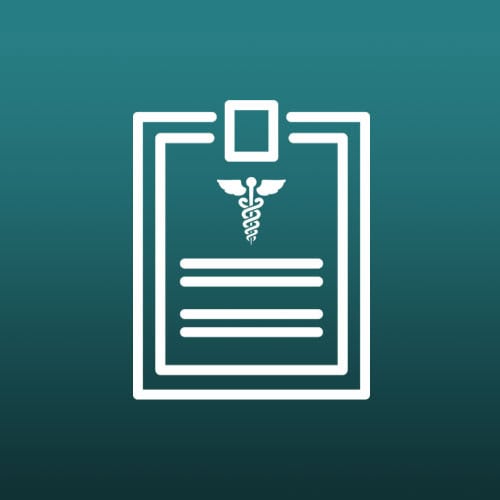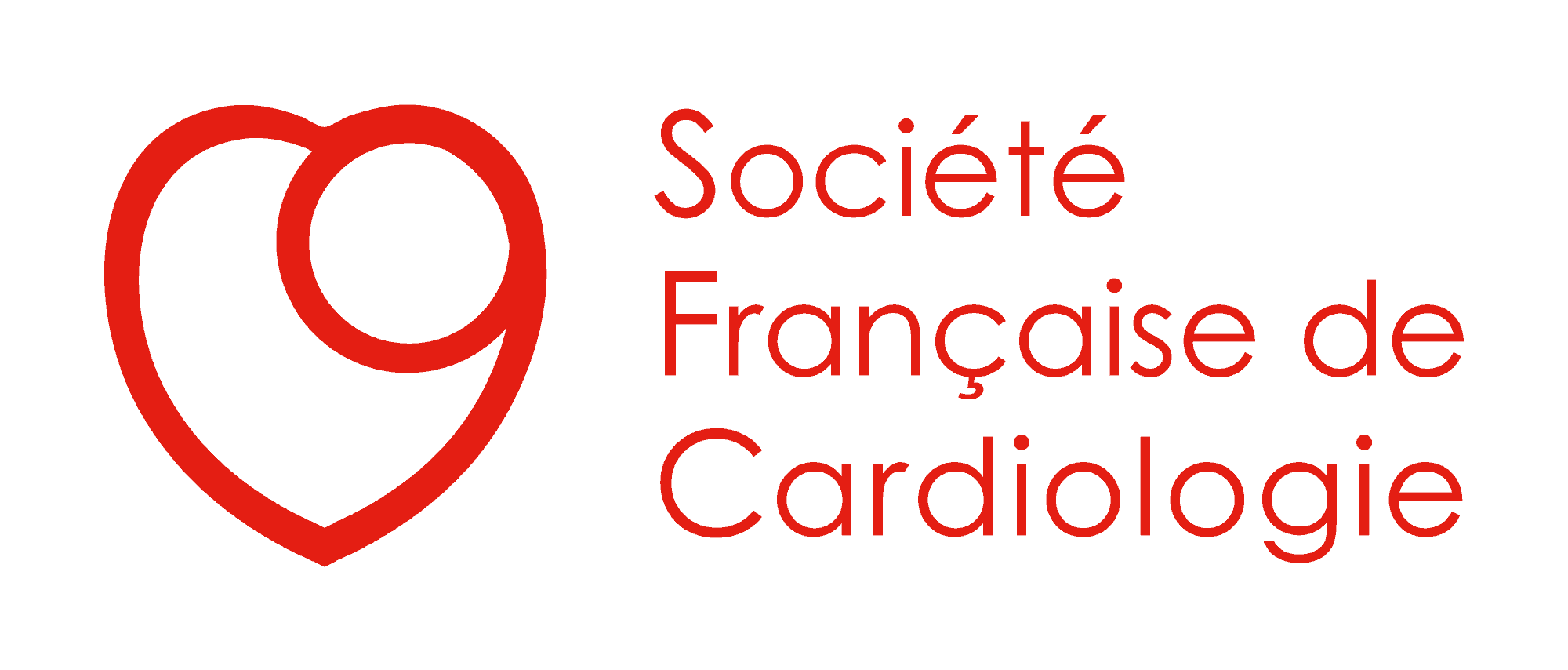Suivez-nous sur les réseaux sociaux !
Retrouvez les articles immanquables des Archives of Cardiovascular Diseases, revue scientifique mensuelle en anglais de notoriété internationale.
Voici un aperçu rapide des sujets abordés dans cette publication :
Dernières publications
Publications
Usefulness of perioperative transoesophageal echocardiography during paediatric cardiac surgery
Voici un aperçu rapide des sujets abordés dans cette publication :
Archives of Cardiovascular Diseases | Article du mois – Mars 2024
Pierrick Pyra, Khaled Hadeed, Aitor Guitarte Vidaurre, Rémi Vincent, Yves Dulac, Gérald Chausseray, David Felice Calvaruso, Philippe Acar, Clément Karsenty
Abstract
Background
Paediatric transoesophageal echocardiography probes allow perioperative evaluation during paediatric congenital heart disease surgey.
Aim
To assess the usefulness of perioperative transoesophageal echocardiography in evaluating the severity of residual lesions, based on the type of congenital heart disease repaired in paediatric patients.
Methods
A retrospective analysis was conducted on paediatric patients who underwent open-heart surgery at our tertiary centre over a four-year period. Perioperative transoesophageal echocardiography studies were performed, and residual lesions were classified as mild, moderate or severe.
Results
Overall, 323 procedures involving 310 patients with a median age of 13.8 (0.07-214.4) months and a median weight of 8.2 (2-96) kg at intervention were enrolled in the study. Twenty-one (6.5%) residual lesions led to immediate reintervention: severe right ventricular outflow tract obstruction (n=12); severe aortic regurgitation (n=3); superior vena cava stenosis (n=2); moderate residual ventricular septal defect (n=2); severe mitral regurgitation (n=1); and severe mitral stenosis (n=1). Three (0.9%) neonates had ventilation difficulties caused by the transoesophageal echocardiography probe having to be removed, but experienced no sequelae.
Conclusion
Perioperative transoesophageal echocardiography is a safe procedure, providing information on severe residual lesions, leading to the immediate revision of several paediatric congenital heart disease cases.
Partagez cet article :
Partagez cet article :
Written by : SFC
Plus de publications de la SFC

Article du Collège des Paramédicaux de la SFC | Avril 2025 Séverine Godinot - [...]

CARDIOLOGIE PÉDIATRIQUE Heart failure in patients with a systemic right ventricle: A multicentre study [...]




